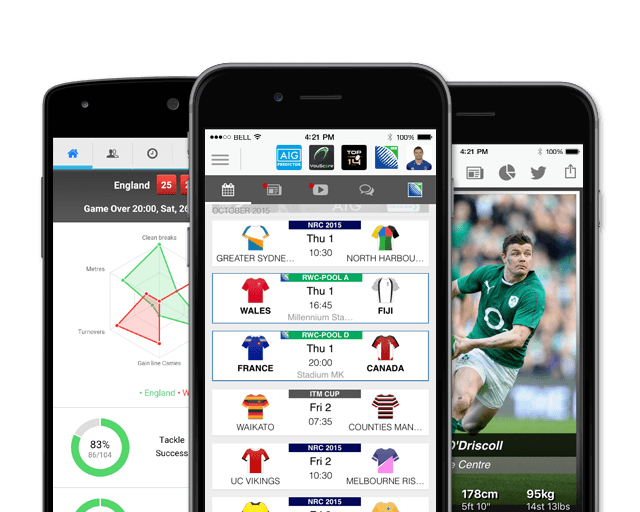Watch: Australia challenge the haka in Bledisloe I
- 4948

Australia challenged the haka ahead of their opening game of the 2022 Bledisloe Cup.
James Slipper and Allan Alaalatoa lead the Wallabies' challenge of the haka ahead of their clash with New Zealand at Marvel Stadium on Thursday in Bledisloe I.
The Wallabies squad formed a boomerang formation and advanced forward while the All Blacks performed the ceremonial Māori war dance.
The All Blacks lay down the challenge 😤
— Ultimate Rugby (@ultimaterugby) September 15, 2022
Wallabies respond 🪃#BledisloeCup #AUSvNZL #RugbyChampionship
pic.twitter.com/zVDmpEZ8Zn
The Wallabies' responding to the haka comes off the back of a study which revealed that the All Blacks gained an advantage from performing the haka before a match.
Vince Kelly, Queensland University of Technology associate professor, revealed that the All Blacks do gain an advantage from performing the haka before a test match if their opposing team stood still.
Speaking to the Sydney Morning Herald, Kelly said that he was surprised by the results of the study where he put heart rate monitors on players as they executed the haka to observe physiological changes.
“I was really surprised how high the heart rates reached in players performing the haka with some reaching over 90 per cent of their maximum heart rate,” he said.
“This was a much higher heart rate response than seen in the players who watched the haka.
“Players who perform the haka would have an advantage over their opposition as their heart rate is elevated in preparation for the match.
Kelly went on to explain that the team performing a haka would have increased heart rates to roughly the same level as completing a warm-up, but their opponents would be stood still, giving them an edge.
“Generally, teams do their warm-up and then probably come down a bit,” he said.
“There’s a possibility that the team that’s doing the haka keeps those advantages of the warm-up.
“If you’ve got increased body temperature, that usually increases muscle temperature, which means the muscles are ready to exercise quicker.”
Kelly added that he doesn't think teams should try to offset that effect by doing their own thing while the haka is performed.
“Potentially disrespecting the haka by not watching it or warming up while it is performed would just upset the players who did the haka more,” he said.
“And then [the All Blacks] would probably be more pumped up to do well.”
View this post on Instagram














